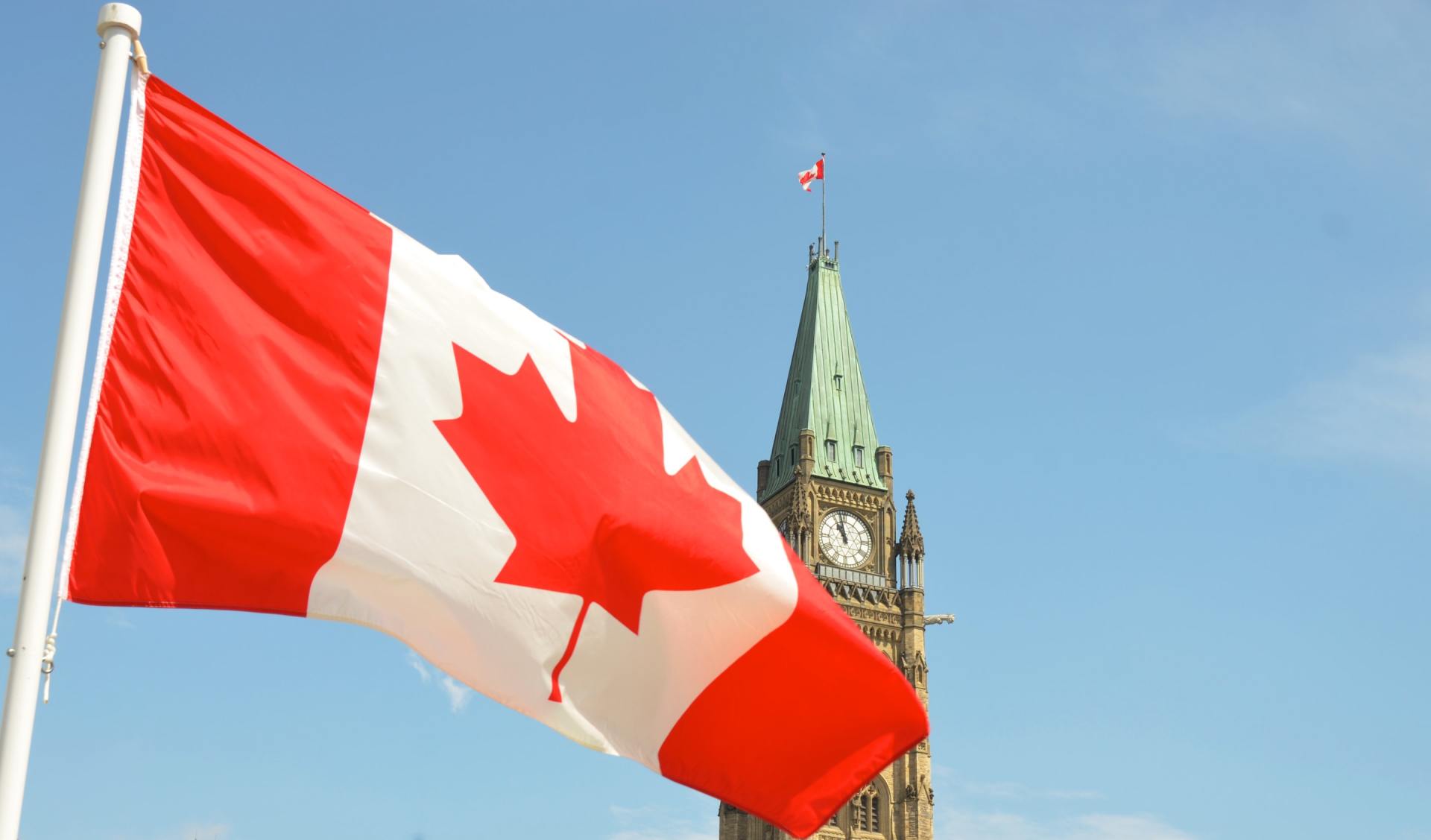6 Recession Tips
The Headlines
Depending on who you ask and the definition they use, a recession has occurred or is about to occur. The traditional definition is two consecutive quarters of economic decline measured in Gross Domestic Product. A more complex definition is a slowing of economic activity and an increasing unemployment rate.
Financial and lifestyle preparations for a recession should be undertaken now to lessen the effects should it occur. And if it does not, then you will be even better prepared for any economic shock that could unexpectedly occur.
What You Need To Do
In preparation for the arrival of a recession:
1.Examine your monthly budget
You cannot save money that you have already spent. Almost everyone has regular, recurring expenses that are not necessities. Subscriptions to multiple streaming services are one example. Find lower cost alternatives like a home, family movie night using a streaming service versus a $100 trip for four to the local cinema. Delaying many small and large purchases can free your budget and your mind from stress.
2. Contribute to your Emergency Fund
Once you have identified unneeded expenditures in your regular spending, remove them from temptation by placing them into your Emergency Fund. Having 3 to 6 months of income set aside is the recommendation and is almost impossible to achieve until a thorough examination of your budget occurs. Consider utilizing a TSFA, if you have contribution room to spare. A Tax-Free Savings Account (TFSA) containing liquid and low-risk investments provides tax exempt earnings and withdrawals.
3. Maintain your scheduled savings contributions
Whether a recession occurs or not, continue adding to your retirement savings in RRSPs and TFSAs, ad education savings in RESPs. Skipping a few monthly contributions and the compounding of interest on them could free up a few thousand dollars but cost you tens of thousands of dollars at retirement. The 20% grant (up to $500 annually) on RESP contributions and the $2,000 contribution to generate the maximum grant could grow into a year of tuition. Treat savings like one of your bills that you pay first. Your mortgage, insurance, and utilities must be paid. Paying your savings first helps reinforce your budgeting efforts.
What You Need To Do
In preparation for the arrival of a recession:
4. Reassess your investments
During a recession, like any other period, some types of investments can withstand the challenges better than others. Should a recession occur, each family will be affected uniquely and their situation could affect the suitability of some investments. A frank conversation with your financial professional is an excellent step to preserve assets and investment income.
5. Eliminate, reduce, and avoid debt
Paying high interest rates is never a great idea, so it is best to pay them down as quickly as possible. Interest rates are rising on the actions of central banks around the world, and those high interest rates are likely to rise even higher. Taking on new debt that will increase your monthly expenditures for both capital repayment and interest charges is not advisable.
6. Update your skills and resume
Should your employment be affected personally, it would be better to be prepared than react when feeling the pressure of replacing your existing income. Revisit and update your resume with accurate dates and roles. List your newly acquired skills and capabilities, and if applicable, don’t forget your online profile/s. You can also consider investing in yourself by taking internal and external courses to bolster your skillset.
The Bottom Line
Whether a recession arrives in Canada should not determine if you prepare, or not. It has arrived in the U.S. using the “two quarters of economic decline” definition.
None of the six steps above, require a recession or even the threat of recession to become valuable. Each of them is prudent regardless of the overall economic and employment climate, so get ready for a rainy day, and you will be able to enjoy the sunshine, too.
Have Questions?
Contact a Ward & Uptigrove Wealth Management representative
at 519-291-3040 or email info@w-u.on.ca.





